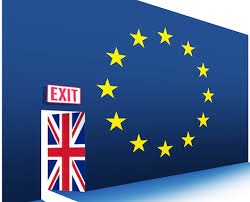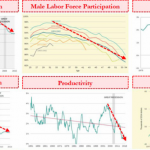
The EC draft proposals in response to the UK’s demands have been enthusiastically embraced by Prime Minister Cameron. The wires quote Cameron as saying “I would opt in to EU membership on these good terms.”
The proposals presented by European Council President Tusk are weak on details that are still to be decided, though Cameron quickly seized upon them to claim: I have delivered commitments in my election manifesto.”It has yet to be seen if it is sufficient to convince several of the eurosceptic cabinet members and backbenchers.
UKIP and many others will not be persuaded, almost regardless of the particulars. This could have important political implications.In particular, Chancellor of the Exchequer Osborne, who is seen as the most likely contender to be the next Prime Minister, may face a challenge by a eurosceptic candidate such as London Mayor Johnson.
The UK won the ability to restrict migrant worker benefits for up to four years. It is not, though carte blanche. The UK would have to demonstrate that its public service and welfare was being strained by the new migrants. It appears that it would require a qualified majority of support by other EU members to invoke the “brake”. However, the EC proposals recognize that under current circumstances, the UK would be justified to invoke the option, and it can be expected to receive the support of the EU.
One of the governing challenges with the EU is that often decisions have required unanimity. This allowed a small number of countries, and the UK in particular, to exercise a veto. However, in recent years, the use of a qualified majority has increased and this has eroded the UK’s veto. What the UK and other EU-but-not-EMU members have been concerned about is that their interests will be overridden by the bloc that shares the common currency.
In response, the Tusk has offered another “brake”. This one is national governments can block an EU decision that is not backed by countries representing 55% of the EU’s population. While other countries may want to have some kind of “brake” on aid for new migrants, the “red card” of EU actions may be more controversial.













Leave A Comment